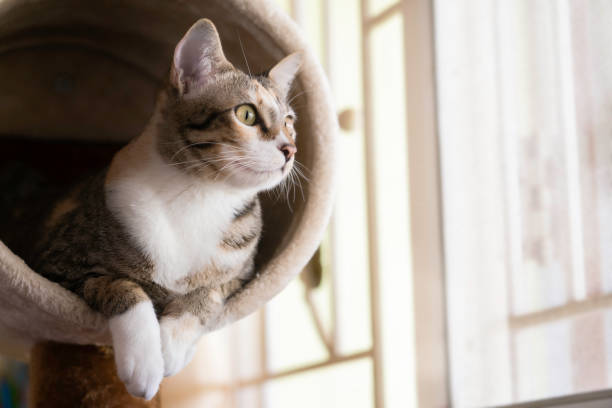Pregnancy And Cat Litter: Cleaning Up Confusion.
Wiki Article

Expecting a child is a joyous event, but it likewise comes with a myriad of duties and considerations, especially for animal owners. Among the lots of concerns that emerge during pregnancy, one that typically flies under the radar is the issue of cat litter. While apparently innocuous, cat litter can posture risks to pregnant females and their unborn infants if not handled properly. In this post, we look into the essential info every expectant mom who owns a cat needs to know to make sure a safe and healthy pregnancy.
The primary issue with cat litter throughout pregnancy lies in its association with toxoplasmosis, a parasitic infection triggered by the Toxoplasma gondii parasite. Felines, particularly those who hang around outdoors, can become infected with this parasite by hunting and consuming infected victim or by entering into contact with contaminated soil. When contaminated, felines can shed the parasite in their feces for a brief period, usually one to 2 weeks, which is when they become carriers of the disease.
Toxoplasmosis itself might not trigger any signs in healthy individuals, but it can have serious effects for pregnant females and their unborn infants if contracted throughout pregnancy. The parasite can be sent to humans through unintentional consumption of infected cat feces, soil, or undercooked meat containing the parasite's cysts. In pregnant ladies, toxoplasmosis can result in miscarriage, stillbirth, or genetic specials needs in the baby, such as hearing loss, vision impairment, or intellectual disabilities.
Given the prospective risks connected with toxoplasmosis, pregnant females are typically encouraged to take precautions when handling cat litter. Here are some essential steps to reduce the risk of infection:
If possible, ask a partner, family member, or buddy to take over the task of cleaning the litter box during cat litter robot pregnancy. This natural cat litter reduces direct exposure to cat feces, lowering the threat of infection.
If you need to clean up the litter box yourself, use disposable gloves and a mask to avoid direct contact with the feces and inhalation of air-borne particles.
Make sure the litter box is cleaned up daily. The Toxoplasma gondii parasite requires a period of one to five days to end up being transmittable after being shed in feline feces. Trigger elimination of feces lessens the possibility of transmission.
After dealing with cat litter or cleaning the litter box, wash your hands completely with soap and water to get rid of any prospective contamination.
Refrain from gardening or dealing with soil, especially without gloves, as it may consist of Toxoplasma gondii cysts from feline feces.
To minimize the danger of contracting toxoplasmosis from food, ensure all meat is cooked completely to eliminate any parasites present.
n addition to taking preventative measures when dealing with cat litter, pregnant women might likewise consider switching to alternative litter alternatives that posture very little danger. Here are some alternatives to standard clay-based cat litter:
Silica gel litter is extremely absorbent and effectively manages smell. It positions a lower risk of harboring parasites compared to clay-based litter.
Litters made from natural materials such as recycled paper, wood pellets, or corn are eco-friendly and ecologically friendly. These litters are typically thought about safe for pregnant ladies to handle.
Litters stemmed from plant-based products like wheat, corn, or pine provide an eco-friendly option to conventional clay litter. They are free from damaging chemicals and are safe for pregnant women and their pets.
Similar to any concerns throughout pregnancy, it's important to consult your healthcare supplier for individualized guidance and suggestions. If you have any concerns or uncertainties relating to cat litter and its potential threats, don't think twice to discuss them with your obstetrician or midwife. They can provide self cleaning cat litter box guidance customized to your private circumstances and assist alleviate any issues you may have.
While owning a cat can bring enormous delight and friendship, it's important for pregnant females to be knowledgeable about the possible risks connected with cat litter and take appropriate safety measures to secure their health and the health of their unborn kid. By following basic guidelines and looking for guidance from healthcare suppliers, expectant mothers can navigate this element of pet ownership safely and delight in a carefree pregnancy alongside their feline buddies.